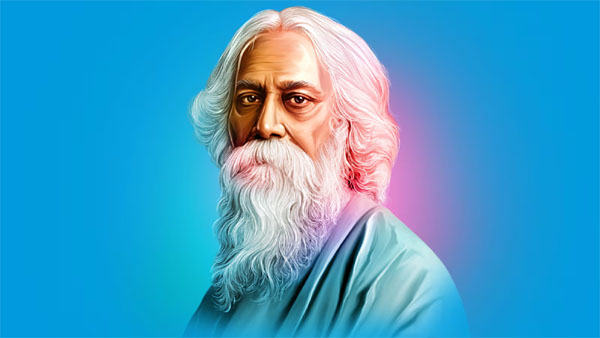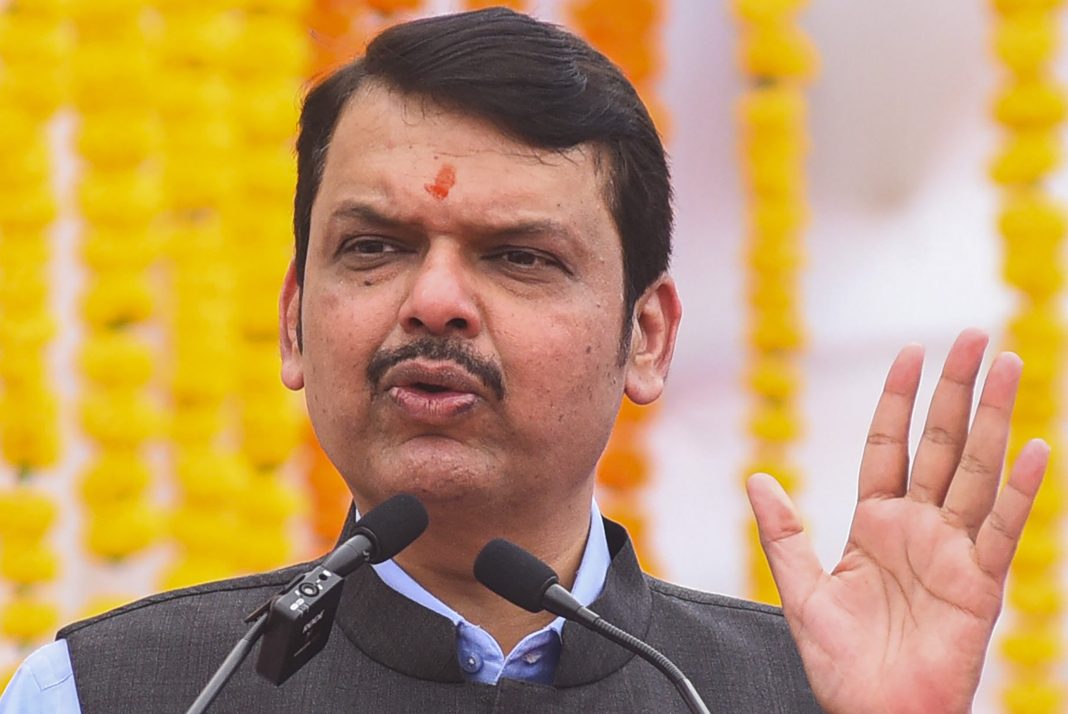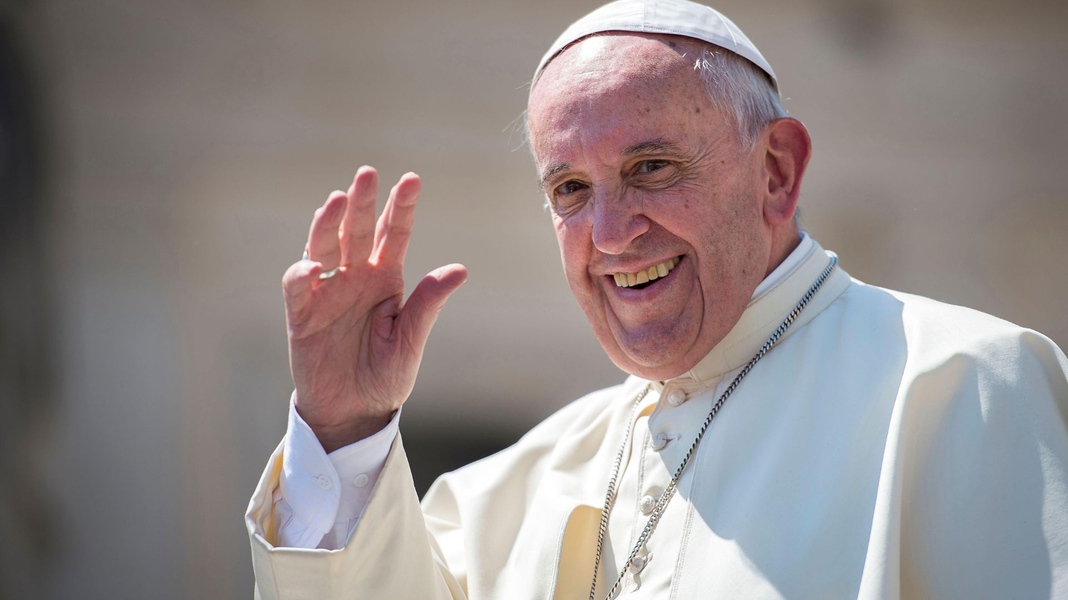By Dipak Kurmi
When Rabindranath Tagore penned his timeless lines in 1910—“Where the mind is without fear and the head is held high…Where knowledge is free…Where the world has not been broken up into fragments by narrow domestic walls”—he envisioned a spiritually liberated and intellectually unshackled India. But over a century later, these words ring with a bitter irony, a painful reminder of what remains unfulfilled, not just in India, but across the modern world. The questions echo through time with haunting clarity: Is the mind without fear today? Is knowledge truly free? Is the world unfragmented by narrow domestic walls? Sadly, the answer is a resounding no.
Globally, we are living in a climate of fear, manipulation, and megalomania, where power has become the ultimate opiate of political elites. Modern governance in many parts of the world is driven less by moral foresight and more by the insatiable thirst to rule. Leaders such as Vladimir Putin, Xi Jinping, Donald Trump, and Narendra Modi symbolize a breed of governance increasingly marked by authoritarian overtones, where democratic values are sacrificed at the altar of political dominance. Their tactics often rely on the orchestration of fear rather than the pursuit of collective welfare, transparency, or inclusive progress.
Putin and Xi have already rewritten political rulebooks to extend their reign indefinitely, and Trump’s ambitions for a political comeback mirror a similar obsession with power. Meanwhile, Modi’s third term pursuit underscores an era where the throne has become an end in itself. This craving for control is rarely accompanied by sensitivity, empathy, or collective wisdom. Instead, the rule of fear reigns supreme. The Damoclean sword dangles not over the heads of leaders, but over the common populace, gripped by dread, uncertainty, and institutional erosion.
The global landscape today is marred by wars, unrest, and human suffering. Russia’s relentless war on Ukraine and the never-ending Israeli-Palestinian conflict continue to ravage civilian lives. On April 4, 2025, a single Israeli airstrike killed nearly 100 Palestinians, including 14 children and five women, in a school in Gaza. Hospitals, educational institutions, and civilian spaces are no longer sanctuaries—they are targets. Each drone strike and missile launch leaves behind not just rubble, but the bloodied narrative of human failure. Yet the architects of these horrors remain unmoved, driven by ego and political calculus.
Closer to home, India too is enveloped in an atmosphere of perpetual unease. From legislative distractions to the resurgence of majoritarian politics, every step taken by those in power seems designed to amplify fear and confusion. Be it the hasty passing of the Wakf Board Amendment Bill to divert attention from sensitive global criticisms, or the incendiary actions and rhetoric in states like Maharashtra and Bihar, the political landscape is rife with deliberate divisiveness.
The very idea of governance has shifted. Bulldozers have replaced courtrooms, as state authorities take the law into their own hands. In blatant violation of Supreme Court guidelines, buildings are razed under the pretext of criminal affiliations, without due process. What does this signify, if not a calculated bypassing of constitutional order? If states continue to embrace vigilante justice, what then is the role of the judiciary, of the rule of law?
Even when judicial pronouncements are made, they are often received with selective compliance. In West Bengal, the Supreme Court recently declared the appointment of over 25,000 government school staff as “tainted beyond redemption,” prompting political backlash rather than introspection. Chief Minister Mamata Banerjee’s contradictory response—pledging to implement the order while refusing to accept it—illustrates the dilemma of leadership caught between legality and populist emotion.
Selective outrage and differential standards have become the norm. The Manipur crisis—a year-long humanitarian disaster—failed to draw visits or commentary from the highest echelons of power, including the Prime Minister, President, and Vice-President. Conversely, atrocities in other states are spotlighted to serve political ends. Such disparities reveal not merely administrative inefficiencies but a deeper moral decay.
Figures such as Ajit Pawar and Eknath Shinde illustrate another facet of the Indian political tragedy. Pawar, once accused of a Rs. 11,000 crore scam by none other than Prime Minister Modi, faced no legal scrutiny when he switched allegiance. Shinde’s ascent to Chief Minister, despite judicial rebuke of the Governor’s role, underscores a political culture where morality is negotiable and legality, optional.
Freedom of expression, once a cornerstone of democratic vibrancy, is now under siege. Comedians like Kunal Kamra face punitive action for satire, books by political insiders like Anil Deshmukh are feared and potentially banned, while whistleblowers and critics are harassed. When dissent is met with censorship and ridicule, democracy begins to wear the mask of despotism.
The institutions meant to safeguard society—judiciary, media, education—are increasingly co-opted or marginalized. The independence of thought, the spirit of inquiry, and the ability to question without fear are under threat. In this landscape, knowledge is no longer free; it is curated, censored, and commodified. Minds are not held high, they are bowed by systemic oppression and psychological warfare.
The global watchdogs—United Nations, WTO, WHO, World Bank, and IMF—exist more as ceremonial relics than functional institutions. The five veto-wielding powers in the UN Security Council stand paralysed, unable or unwilling to intervene effectively in crises that demand urgent global action. In the face of genocidal violence and existential threats, their silence or political maneuvering contributes to the malaise.
What remains, then, of Tagore’s dream? The answer is painful: his vision remains a poetic aspiration, distant and dimmed by the harsh reality of our times. The world has indeed become a “Theatre of Absurd and Awe,” where contradictions abound, and ethical coherence is a relic of the past.
And yet, hope lingers in subtle whispers. As English poet Ben Jonson aptly wrote in “The Noble Nature”:
“In small proportions, we just beauties see,
And in short measures, life may perfect be.”
Perhaps the answer lies not in grandiose displays of power or prolonged reigns, but in fleeting moments of integrity, compassion, and truth. Real governance must be measured not by the duration of office, but by the depth of impact, the spread of kindness, and the fragrance of justice it leaves behind.
It is time for the world’s leaders to introspect. To trade fear for hope, megalomania for humility, and divisiveness for unity. Only then can we hope to return to the vision where the mind is without fear and the head is held high.
(the writer can be reached at dipakkurmiglpltd@gmail.com)




